The Most Common Means of Transportation in Chinese
As the concept of “globalization” has penetrated into our daily lives, some inveterate travel-lovers are passionate about visiting different countries and experiencing different cultures. Every traveler has his or her own preference as to which mode of transport they would like to choose. Today let’s learn to express five means of transport in Chinese.
1. Plane
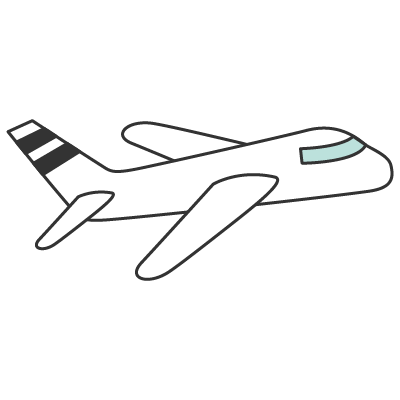
飞机
fēijī
plane
Planes are the most popular mode of transport when it comes to long-haul journeys. In China, even some small and secluded cities are equipped with an airport, which explicitly reflects Chinese people’s passion for travelling by plane. The Chinese word for plane is 飞机 (fēijī), in which 飞 (fēi) means to fly, and 机 (jī) means machine. Therefore, the literal meaning of this word is “flying machine”, which is also the logic behind this word.
EXAMPLE:
我坐飞机去北京。
Wǒ zuò fēijī qù Běijīng.
I’m going to Beijing by plane.
2. Train
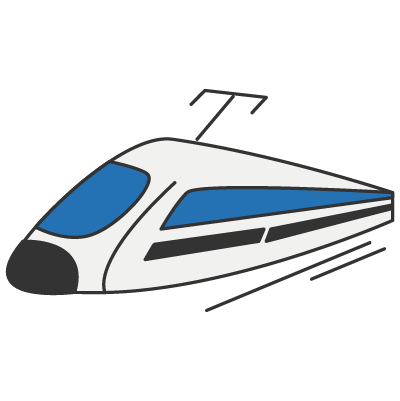
火车
huǒchē
train
In terms of travelling between different cities, another popular mode of transport in China is the train 火车 (huǒchē). With the development of modern technology, 高铁 (gāotiě) – high-speed train have become prevalent across China. If you travel by high-speed train, it will only take you 5 hours to overcome 1300km to get to Beijing from Shanghai. China is proud of its extensive high-speed railway network, which has grown rapidly in the last decade.
EXAMPLE:
我买了一张火车票。
Wǒ mǎi le yī zhāng huǒchē piào.
I bought one train ticket.
3. Metro
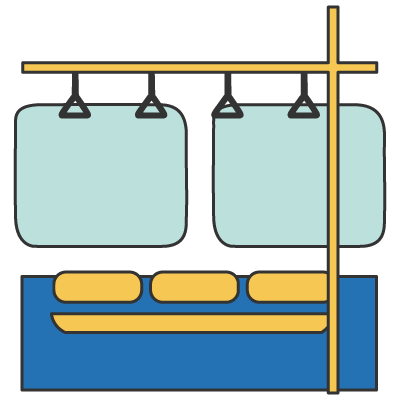
地铁
dìtiě
metro
Many expats living in first-tier Chinese cities are surprised how convenient the metro is. Most major cities in China own an extensive metro network that connects the suburbs to the city center. Trains usually arrive at an interval of 3 minutes, which makes the metro an ideal choice for people who frequently travel around the city.
EXAMPLE:
在上海,坐地铁不贵。
Zài Shànghǎi, zuò dìtiě bù guì.
It’s not expensive to travel by metro in Shanghai.
4. Bus

公共汽车
gōnggòng qìchē
bus
Buses have always played a tremendous role in the development of public transport. They can be seen in every Chinese city and people of the older generation are partial to taking buses. Bus services in China are offered at a reasonable price, and they often turn out to be the most “affordable” mode of transport in many Chinese cities.
EXAMPLE:
我每天坐公共汽车去学校。
Wǒ měitiān zuò gōnggòng qìchē qù xuéxiào.
Every day I go to school by bus.
5. Taxi
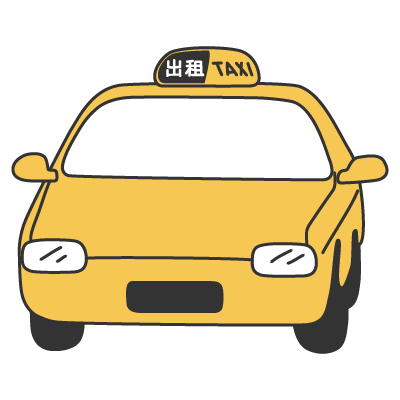
出租车
chūzūchē
taxi
It’s very expensive to take a taxi in western countries. However, you don’t need to worry about the price too much if you would like to travel by taxi in China. Despite the fact that taking a taxi is still considered luxurious by a large number of city dwellers in China, it’s nowhere close to the “western standard”.
EXAMPLE:
我们坐出租车去餐厅吧。
Wǒmen zuò chūzūchē qù cāntīng ba.
Let’s go to the restaurant by taxi.
To find out more interesting and useful Chinese vocabulary, check out one of our blog posts 5 Ways to Eat in Chinese: Takeouts, Dine-in and More


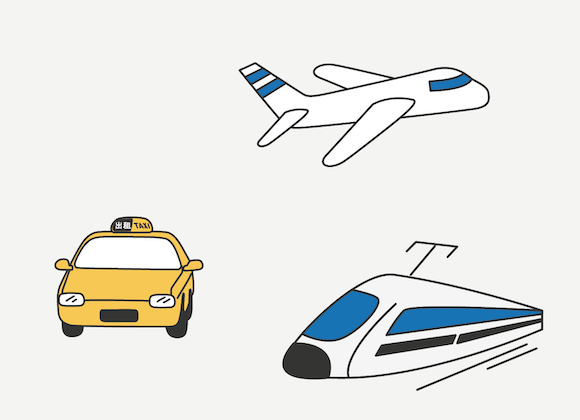


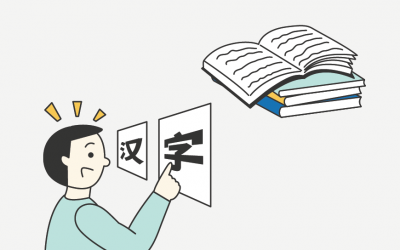



0 Comments